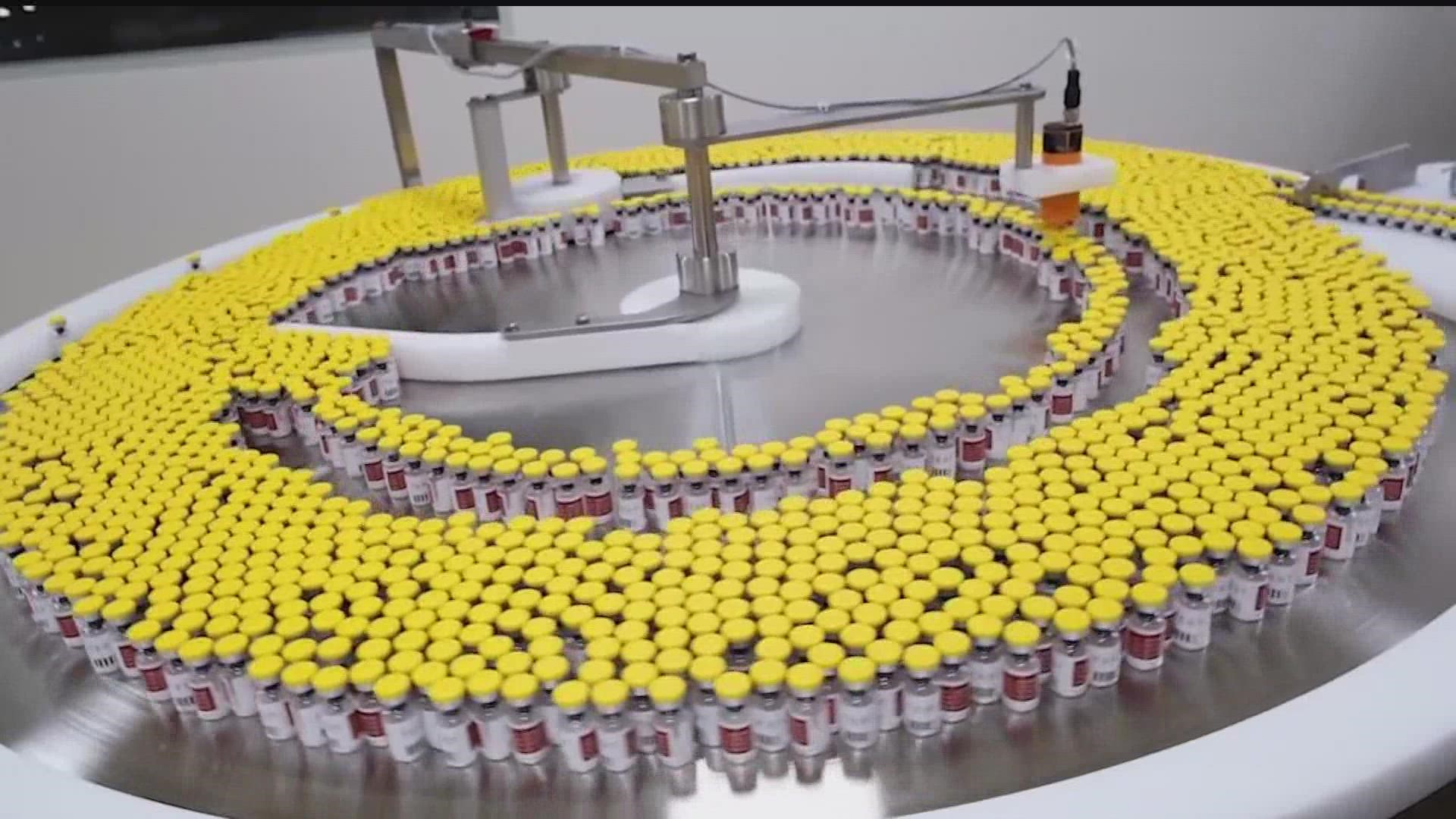MINNEAPOLIS — As the monkeypox virus continues to spread across the globe, the World Health Organization has responded by declaring a state of emergency.
According to the Centers for Disease Control, there are now more than 6,600 confirmed cases across the country. U.S. President Joe Biden on Thursday declared monkeypox a nationwide health emergency. The news comes after several states including California, Illinois and New York issued their own state of emergencies.
In Minnesota, cases continue to rise. As of Aug. 4, the Minnesota Department of Health (MDH) says there are 44 reported cases, although health officials admit there may be more.
The state recorded its first case of monkeypox back on June 27, which MDH reported came from a man who was likely exposed to the virus while traveling in Europe.
"Monkeypox is an infection caused by a virus similar to smallpox virus, but not as severe," Allina Health's Infectious Disease Physician Dr. Frank Rhame said. He added that the virus can be spread through skin-to-skin contact and infected animals.
Symptoms include a fever, headaches and blisters.
"People feel crummy, the epidemic strains do not seem to be nearly as a fatal," Rhame said.
A spokesperson with MDH told KARE 11's Charmaine Nero, "our cases mirror what is happening nationally, with the majority of the reported cases in the United States and Minnesota among gay, bisexual, or other men who have sex with men. Most of the cases are in the Twin Cities Metro area, but we also have a case in Greater Minnesota. The vast majority of cases are adult men between the ages of 18 and 55."
Vaccines may be used for prevention of monkeypox, but there are currently limited supplies, with more expected in "the next 4 to 6 weeks," according to an MDH spokesperson.
"There are a lot of people who want it and we don't have a lot so we are trying to do it in a way that does the most good for the number of people we have," Rhame said.
While Rhame says vaccines are recommended for those who may have been exposed or for those who are high risk, when it comes to prevention he says "when you have a lesion that may be that, we want you to come on in, get a test, and if it turns out to be monkeypox, we'll give you a medication specifically to treat monkeypox."
MDH says there are currently 3,000 doses of vaccine in the state, not nearly enough for the tens of thousands of people estimated to be at high risk in Minnesota.
A spokesperson for the agency says they "expect that vaccine supply will increase in the coming months and vaccine will become more accessible in MN to those who need it." That person added that more vaccines are "expected in late 2022 and in early 2023."
MDH offers these tips to slow and stop the spread of the monkeypox virus:
- Practice good hand hygiene. Wash your hands with soap and water or use an alcohol-based hand sanitizer.
- Minimize skin-to-skin contact with people who have been exposed to the virus or to those showing a rash or skin sores.
- Avoid materials directly in contact with a person who has monkeypox, like clothing or bedding.
- Contact a health care provider if you develop symptoms, as early recognition and testing can help prevent further transmission.
Watch more local news:
Watch the latest local news from the Twin Cities in our YouTube playlist:

